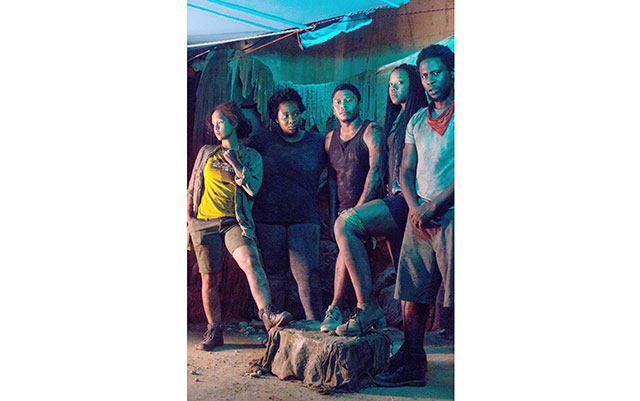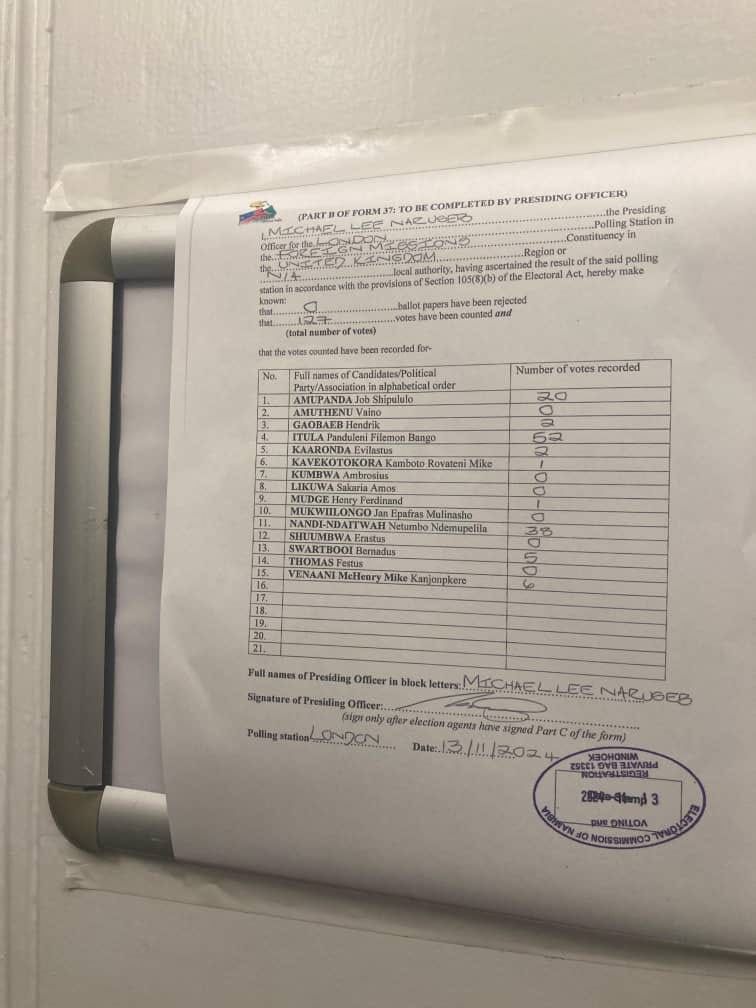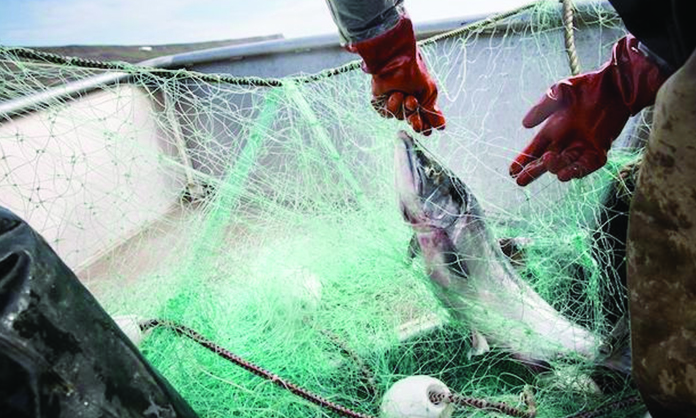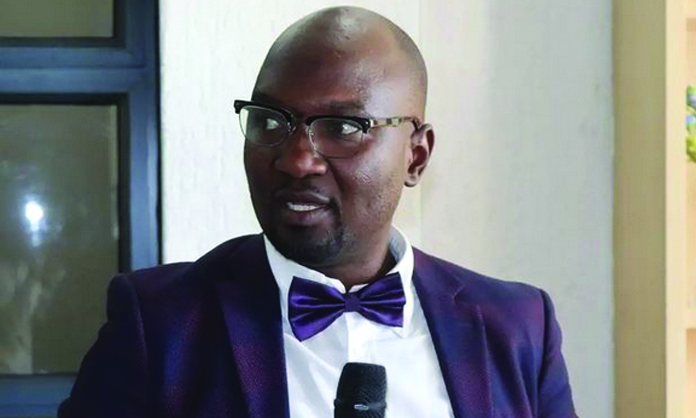With short films being cost-effective, the Goethe Stage saw an opportunity to tap into this market. Three aspiring film-makers became the beneficiaries of the award to have their stories turned into short films.
Michelle Namases, cultural programmes coordinator of the Goethe-Institut, says the short-film genre is reaching new avenues across the continent, while publishing content online is becoming more popular due to its low production costs.
The three lucky film-makers are: Jenny Kandenge with ‘The Game’, a thriller about a couple caught in an unlikely predicament; Namafu Amutse with ‘Mukumu’, which deals with themes of sexuality and identity both at home and in school; and Lloyd Winini, who presents ‘Sacred Places’ – a story of an adventure taking an unusual turn.
Kandenge, who is no stranger to the thriller genre, was this time tasked with writing for the screen instead of the stage.
“The idea came when I asked myself what the scariest thing would be at that time, which had me face the challenge of writing a thriller – not for a stage, for the screen,” she says.
As ‘Mukumu’ deals with the topic of homosexuality, Amutse wishes her film will bring about discussions and inspire Africans to “confront the conflict they experience with Western norms”.
“I would like this film to stir up conversations in Namibian households on how homophobia – and racism – is literally putting the lives of LGBTQI+ community members at risk,” she says.
Winini is taking on a more philosophical point of view with ‘Sacred Places’. “The cave represents things I think all Africans should appreciate. The film uses folk tales and legends to underline important messages and lessons that were brushed off when put forward by oral traditions.”
Senga Brockerhoff, executive producer on all three projects and award-winning industry veteran, was involved in all aspects of the productions – from scripts to finding funding and sponsorships and disinfecting location toilets.
While the pandemic poses its own obstacles, funding remains a challenge with such projects, Brockerhoff says.
“Due to budget constraints, we were limited with time, so we shot each of these movies in one long day. Another huge obstacle was not finding a cave, so we had to make one in tunnels underneath the University of Namibia. I am so grateful to the artistic team, Maricci and Adriaan van Tonder, who did a five-day job in two,” she says.
Brockerhoff says opportunities like these are a great initiative by the Goethe-Institut Namibia to support grassroots development in the film industry. She says new directors are allowed the space to realise their vision, fully supported by a dedicated team.
“Namibia Film Commission also saw great value in this project to support industry growth. It means we can keep dreaming, because the support is there. For the industry I believe the project was important as a teaching tool on low-budget film-making. I believe as newcomers we should try to make cheaper mistakes and thus find cheaper ways of producing our films.”
The premiere of the films will take place at the Goethe-Institut Namibia via a livestream on Facebook from 19h00.
The event will also include a chat session with the cast and directors, but due to pandemic restrictions, the number of people allowed is limited and attendance reserved for invited guests only.
The executive producer says the audience can expect three very different, yet equally beautiful and entertaining films.
“I can promise a wild rollercoaster ride of emotions, and hope at the end everyone will be proud of our creatives the way I am.”
Stay informed with The Namibian – your source for credible journalism. Get in-depth reporting and opinions for
only N$85 a month. Invest in journalism, invest in democracy –
Subscribe Now!






